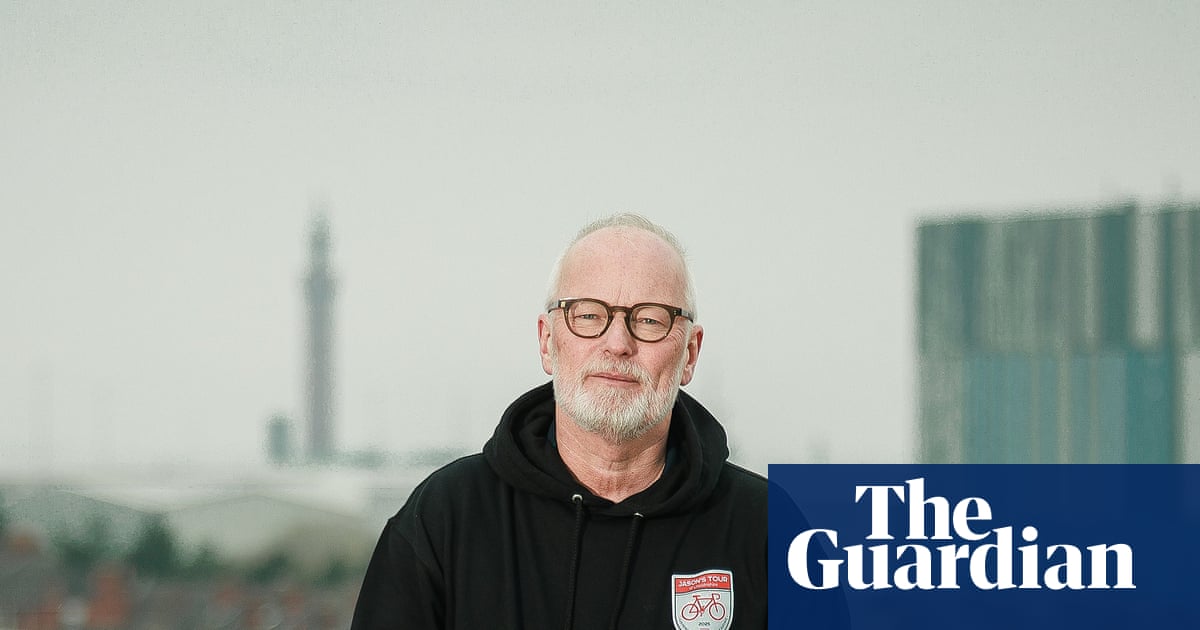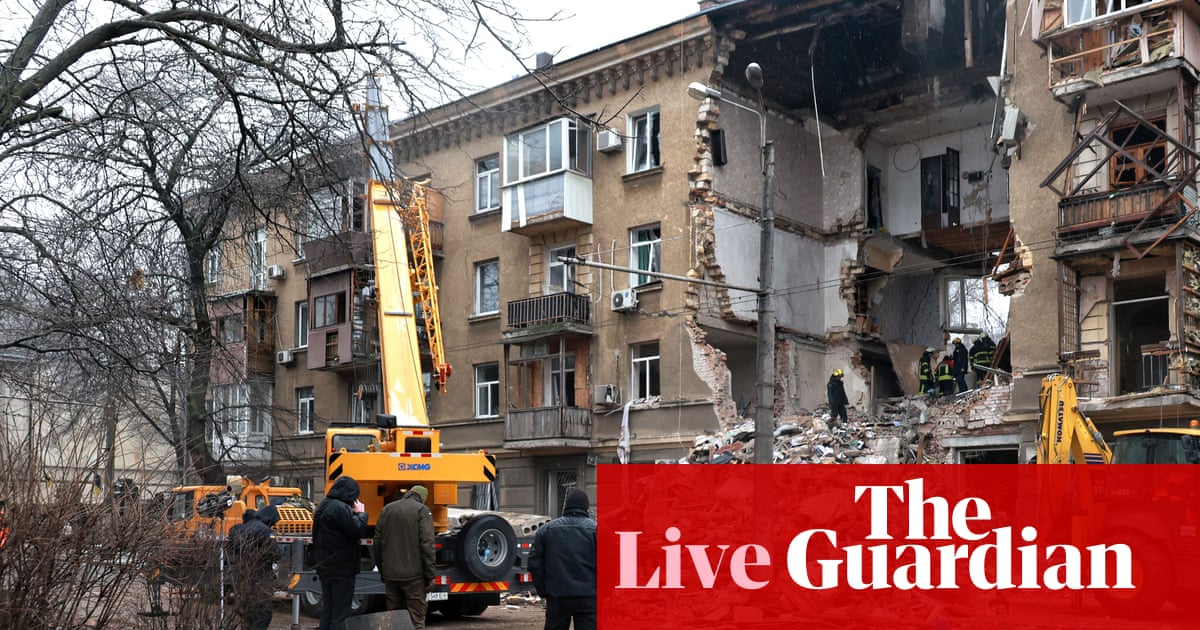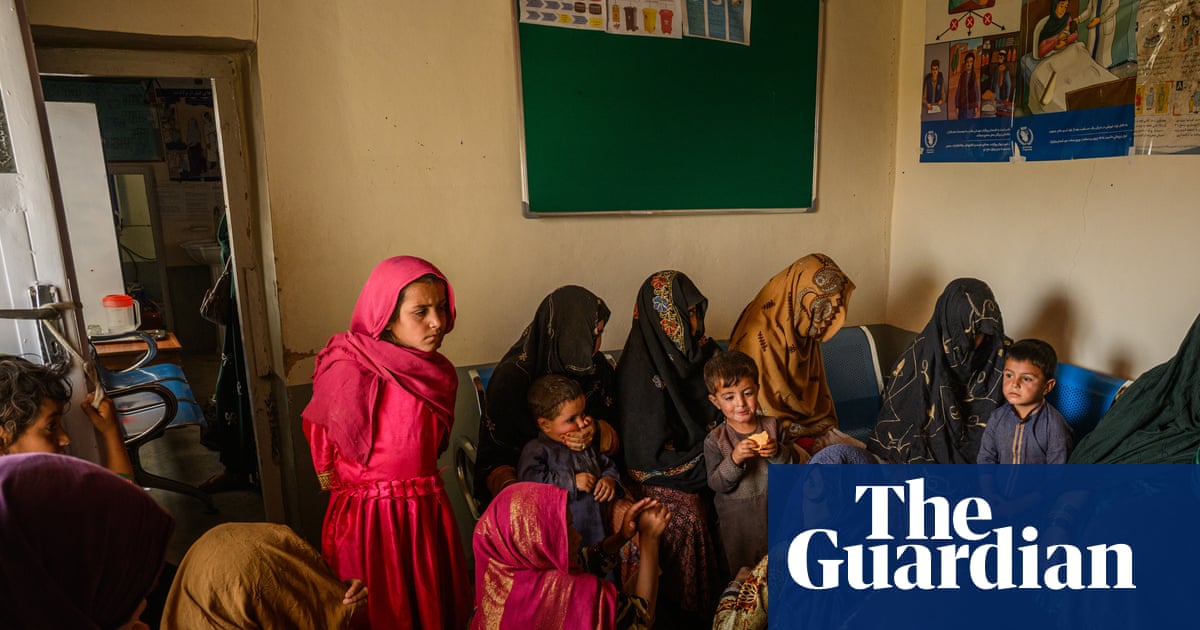More suspected far-right extremists were referred to the government’s anti-terrorism programme Prevent last year than those suspected of Islamist extremism, annual figures show.
In total, 8,778 referrals were made because of suspicions of extremist radicalisation in the year to March 2025, 27% more than the previous year and the highest number of referrals in a single year since records began 10 years ago.
Of the 8,769 referrals where the type of concern is specified, 21%, or 1,798 cases, were due to “extreme rightwing concerns”; 10%, or 870, were referrals connected to Islamist ideology; and 56%, or 4,917, were for individuals judged to have no identified ideology.
Five per cent (469) of referrals were due to concerns regarding “fascination with extreme violence or mass casualty attacks (where no other ideology)”. This category recorded a large increase in referrals in the latest quarter, January to March 2025, rising by 240% compared with the previous quarter.
The figures, taken from the government’s programme to divert people in England and Wales from terrorism, were published on Thursday, shortly after counter-terrorism officials said there had been a significant increase in referrals since the Southport murders at a children’s dance class in July 2024.
Just over a third of referrals in 2024-25 had at least one mental health or neurodiversity condition recorded, the Home Office figures showed.
Autistic spectrum disorder (ASD) was the most common condition recorded, in 14% of referrals.
In October, an inquiry into the Southport attack, in which three children were killed, heard there had since been a sharp rise in referrals to Prevent where there were “concerns about violent fixation”.
Axel Rudakubana, who carried out the attack, had been referred to Prevent three times but the inquiry heard he had not met the threshold for further intervention because there was no evidence that he had a fixed ideology.
After initial screening and assessment, Prevent referrals who are deemed at risk of radicalisation may be passed to a multi-agency “Channel panel”.
after newsletter promotion
Chaired by local authorities, these panels determine the extent of a person’s susceptibility to radicalisation and whether a tailored package of support is necessary and proportionate to address the risk.
Of the referrals made to Prevent in the year to March 2025, 1,727 people were discussed at a Channel panel, and 1,472 were adopted as a Channel case. Individuals aged between 11 and 15 accounted for 39% of adopted cases.

 2 months ago
42
2 months ago
42

















































